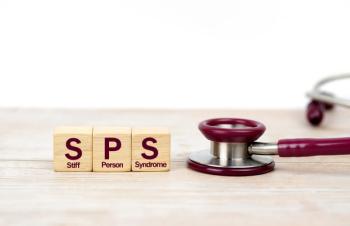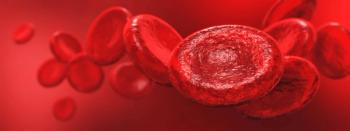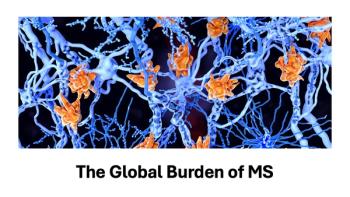
A Wellness Approach to MS-Related Fatigue
Although it’s still unknown what the mechanisms are that contribute to MS-related fatigue, certain dietary approaches can help treat it.
A proper diet and savvy methods to wellness can be of utmost importance to the care and treatment of autoimmune diseases. In fact, certain dietary approaches can even treat MS-related fatigue.
Although it’s still unknown what the mechanisms are that contribute to MS-related fatigue, Terry Wahls, MD, clinical professor of medicine, nutritional epidemiology at the University of Iowa, says research suggests that fatigue in the MS patient is a reflection of brain inflammation so removing foods that drive up the inflammatory cytokines (inflammation molecules) may be very helpful.
“For those who are genetically vulnerable to having a severe immune response to gluten or casein, adopting a meticulously gluten free and casein free diet may lead to a marked improvement in energy,” she says.
Wahls teaches clinicians about using therapeutic diet and lifestyle to treat autoimmune diseases, and believes more doctors could be helping their patients by setting a proper course of action.
“We rely on the food we eat to have the building blocks to make the proteins that are necessary for cellular structures,” she says. “We also rely on the foods to speak to our genes and our microbes to create the cellular environment-which leads to a health promoting environment or disease promoting environment.”
She explains that diet quality impacts gene expression and one’s microbiome, both of which have a huge impact on risk of developing autoimmune problems.
Leaky gut, for instance, is an early step that leads to leaking of the incompletely digested food proteins into the blood stream.
Related:
“If one has the genetics that put them at risk of developing an abnormal immune response to gluten (protein in wheat) or casein (protein in dairy), they may begin creating an immune response to those proteins, which can lead to collateral damage of otherwise healthy parts of the person which leads to auto antibodies,” Wahls says. “After several years of autoantibodies, and more damage, the person finally has enough damage to meet the diagnostic criteria to have an autoimmune diagnosis.”
In addition, diets high in sugar and other high glycemic index foods such as white bread or white potatoes increases inflammation and upregulates NFkappaB, a molecule that drives up inflammation.
“Eating very little fiber starves the health promoting bacteria that lives in our bowels, which speak to our immune cells and can create a pro inflammatory environment or an antiinflammatory environment,” Wahls says. “Furthermore, the bacteria breakdown the foods and help digest food, make vitamins, and help us absorb our food so that we utilize the food we consume.”
In her opinion, instead of focusing on what drugs people need to control their symptoms, clinicians should be focused on teaching their patients how to eat a vegetable-rich diet.
“I am glad to see more clinicians talking to their patients about the benefits of replacing sugar- and flour-based foods with vegetables. It should be part of every clinical conversation,” Wahls says.
Additionally, she recommends a sound exercise program to aid in an overall wellness.
“Our bodies are meant to move. If we do not move, our muscles and bones are replaced with fat,” she says. “We store more fat in our belly and our cells are resistant to insulin, putting us at risk of metabolic syndrome and diabetes. I ask people to move every day. Walk daily. Get outside into the sunlight daily. Doctors have great drugs to treat symptoms. But if we want health, we must choose to move, to eat vegetables, to get out in the sunlight.”
Clinicians should be recommending that people consider removing gluten/casein from their diets as some people with autoimmune issues have unrecognized gluten sensitivity and an abnormal immune response that leads to damage in the cerebellum and the brain and spinal cord.
“Because casein and gluten are structurally similar, if you have an abnormal response to gluten, you will likely also have an abnormal response to casein,” she says. “I recommend everyone with MS go 100% gluten and dairy free for at least 100 days and that they replace the gluten and dairy with greens, cabbage family, onion family, and deeply colored vegetables and berries.”
Keith Loria is an award-winning journalist who has been writing for major newspapers and magazines for close to 20 years.
Newsletter
Get the latest industry news, event updates, and more from Managed healthcare Executive.























